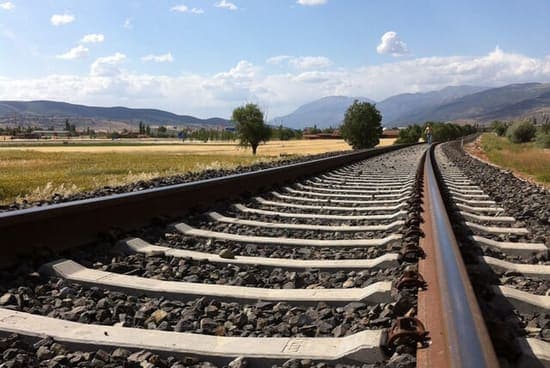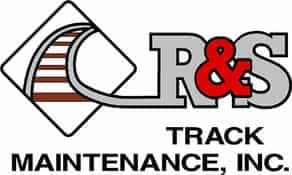
Road Freight vs. Rail Freight: Which is More Efficient?
For as long as we’ve produced goods to trade with one another, we’ve needed to send them to each other over varying distances. Nowadays we have four main freight options, road (trucks), rail (trains), air (planes), and sea/ocean (ship).
For the sake of discussion we’ll forgo freight by air and sea, instead focusing on the land-based shipping options, specifically domestically.
While it’s true that road transport is the most commonly used freight, there are good reasons as to why rail continues to be used. The differences between road freight vs rail freight may seem nominal, but when put side-by-side there are some striking strengths and weaknesses to each side.
Road Freight
As previously mentioned, road freight is the most common form of shipping in the world. Although just because it’s common doesn’t make it the best way of doing things.
All kinds of goods are shipped this way, especially to and from Distribution Centers which service particular areas. As we all know, if it weren’t for the many truckers on the road, we wouldn’t have many of the modern conveniences we enjoy.
Pros
- Road freight can be more efficient and economical especially over shorter distances.
Depending on the roads between point A and point B, road freight may make more sense when the distance is less as a more direct route can be chosen.
- It can be used for cross-country long haul shipments.
Many border crossings are prepared for and used to trucks carrying shipments in and out of their respective countries. Depending on the country, roads may be the only viable option for moving goods to the outer regions.
- Easier to track cargo movement through GPS and satellite tracking.
Many companies today rely heavily on GPS to ensure their goods will arrive on the predetermined date. Tracking via road freight may be easier due to the nature of the infrastructure built around roads.
Cons
- There are various limitations to the size of the vehicle, the size of the load, and the road weight varies in different places.
Depending on the size of the good you’re sending, a truck may not be big enough to move the amount you’re trying to ship. There are also a number of different road weight restrictions in different parts of the States, which may limit you from shipping through those areas.
- Limited by the conditions of the road: weather, maintenance, accidents, etc.
Shipping times can be heavily affected by weather conditions such as snow, hail, rain, storms; as well as road maintenance work; and sadly inevitable accidents that do occur.
- Currently not a typically environmentally friendly option.
Although there are efforts being made by some of the major vehicle manufacturers to produce electric trucks, we’re not there yet. As it stands shipping by road creates unnecessarily high amounts of emissions when compared with other options. Now lets compare road freight vs rail freight.
Rail Freight
Most popular in countries and continents with long transit times such as China, Russia, India, and parts of the USA and Europe. Rail freight has long been relied on for shipping for such industries as forestry, agriculture, military, and mining.
Pros
- Rail freight is a more environmentally-friendly shipping option.
Studies have shown that trains burn less fuel per ton mile than road vehicles, and without traffic or other obstacles the journeys are often done efficiently.
- Freight trains are capable of carrying much larger loads than typical freight trucks.
By being substantially larger they have the capacity to be loaded much more than trucks, and usually don’t have such limiting weight restrictions in the train or on the rail.
- Long distance freight works out cheaper and faster on rail.
Considering the many things that can go wrong on the road, rail has the benefit of being straightforward (literally and figurative). This can lead to savings in both time and money for those sending and those receiving the goods.
Cons
- Rail freight is limited to exactly where the rails are.
For shorter distances there may be no station in which the freight can be unloaded. In many cases the final leg of a rail freight is done by road to get the goods where they need to be.
- Potential delays when crossing borders into other countries.
Depending on the border and the country, rail freight can be heavily affected by the bureaucracy. Especially in those circumstances which require a different rail operator to continue.
- Fragile or abnormal cargoes cannot be shipped by rail freight.
Some goods are simply unsuitable to be loaded into the back of a train to be shipped across the country.
Wrap
As you can see when it comes to road freight vs rail freight, both sides have their ups and downs, and many people find a combination of the two to be most effective. If you’re looking for a Midwest railroad contractor, or just looking for more information, get in contact with us.




0 comments
Write a comment